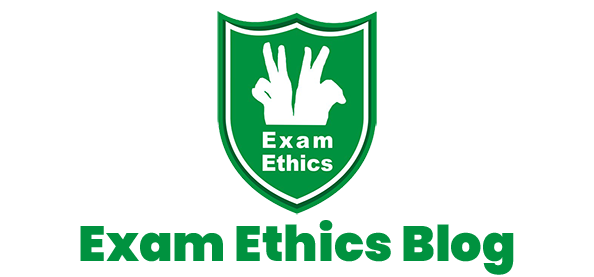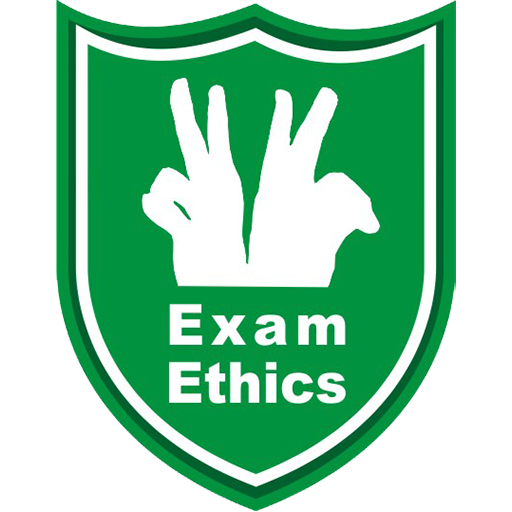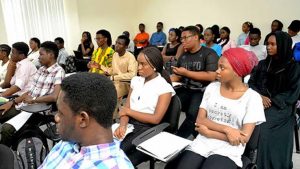This news was culled from the Tribune online Nigeria
February 13, 2025
The Federal Capital Territory (FCT) has reaffirmed its commitment to promoting access to education for displaced persons particularly children in the territory.
The Deputy Director, FCT Education Secretariat, Gender Unit, Uduakobong Umossoh, gave the assurance at a sideline interview of the Project orientation and Partners Meeting hosted by Stand With A Girl Education Project in Abuja.
Stand With A Girl Initiative, Kicked off the Stand With A Girl Education Project (SWAGEP) in Karonmagiji with an orientation meeting for partners and stakeholders. This project seeks to equip 60 girls aged 10-19 with literacy, numeracy, and life skills with funding support from the Emerging Market foundation(EMpower).
The program, which will benefit out of school Girls in Wassa and Karonmagiji IDP Camps, is designed to promote girls’ education, empowerment, and social change.
This is a critical step by SWAG Initiative towards creating a more equitable society where girls have the opportunity to reach their full potential.
While speaking further, Umossoh, said the FCT is working to ensure that all children, including those in internally displaced persons (IDP) camps, have access to quality education.
“We have established centers for literacy and continuing education programs, which can provide educational opportunities for children in these camps.”
Umossoh, noted that one of the major challenges faced by IDPs is the lack of access to secondary education. She however, explained that the FCT has put in place measures to address this challenge.
“We have centers that offer continuing education programs, which can provide equivalent education to junior and senior secondary school,” she said.
Umossoh, also highlighted the FCT’s efforts to promote education for displaced persons adding that the FCT’s policies and programs are in place, and partnerships with organizations are crucial in supporting these efforts.
“The FCT’s commitment to increasing access to education for displaced persons is a step in the right direction. However, more needs to be done to ensure that all children, regardless of their circumstances, have access to quality education.
Umossoh also acknowledged the role of non-governmental organizations (NGOs) and civil society organizations (CSOs) in supporting the FCT’s efforts to promote education for displaced persons.
“We appreciate the support of NGOs and CSOs in providing educational opportunities for displaced persons.”
“The FCT’s efforts to promote education for displaced persons are also in line with the United Nations’ Sustainable Development Goals (SDGs), particularly Goal 4, which aims to ensure inclusive and equitable quality education for all.” She added.
Also speaking, the Executive Director of Stand With a Girl initiative, Margaret Bolaji-Adegbola, while speaking on the efforts to support FCT to bridge academic gaps in IDP camps, said the project has commenced engagement with girls at internally displaced persons (IDP) camps in Wassa and has extended its reach to Karonmajigi.
She disclosed that the organization’s goal is to support girls through safe spaces to gain smooth transitioning from being out of school to becoming enrolled into conventional schooling systems. Through these safe spaces, girls are able to gain literacy and numeracy skills, and acquire vocational skills that can be helpful to them in their community.
She emphasized that the organization is committed to ensuring that girls have a safe space to learn and grow, and that they are able to take leadership positions in their community.
Margaret Bolaji-Adegbola, noted that the organization’s advocacy efforts are focused on ensuring that girls have access to free education, as mandated by the government. However, she acknowledged that despite this policy, many girls are still unable to access education due to various challenges, including lack of infrastructure and resour







